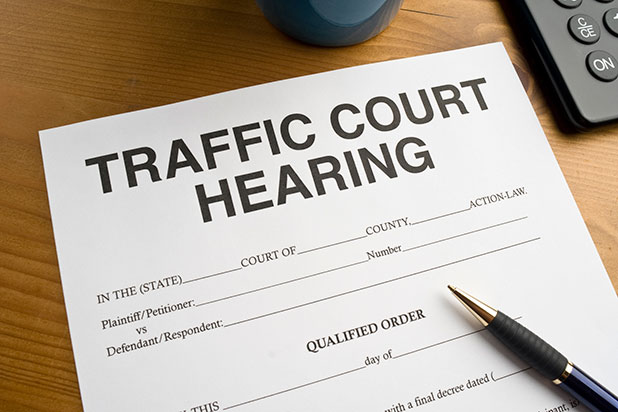
When someone is injured in an auto accident, one or both of the drivers may be issued a summons by a responding police officer for a violation of traffic laws. A guilty plea by a driver could have a significant impact ton a lawsuit for personal injury arising from that accident. For that reason, a driver entering a guilty plea to a traffic violation in connection with an accident should enter that please with what is called a civil reservation of rights, which prevents the use of that plea in any future lawsuit for injuries suffered in the accident.
The New Jersey Supreme Court reviewed the circumstances under which a defendant can request such a civil reservation in municipal court in the matter of Maida v. Kuskin. There are two important considerations addressed by the Court.
First, a civil reservation must be made in open court and at the time the court accepts the guilty plea. Any attempt to request a reservation after the please will be rejected. Also, a defendant submitting a guilty plea by mail may not request the reservation, since that reservation is not requested in open court.
Second, the Court held that a civil reservation order should not be entered where the defendant pleads guilty to an offense that does not arise out of the same occurrence that is the subject of the civil proceeding, or where the prosecutor or victim demonstrates good cause as to why the Order should not be entered. In the case before the Court, the defendant pled guilty to leaving the scene of an accident and, since that issue was not germane to the civil injury matter, a civil reservation should not have been entered.
To sum up: if you are injured in an accident, and one or both of the drivers was issued a summons, you or your attorney may appear at the hearing date and object to any request for a reservation of rights. At the least, you should order the transcript from any trial or pleas from the municipal court traffic action. If the defendant fails to request the reservation, or the request is denied
